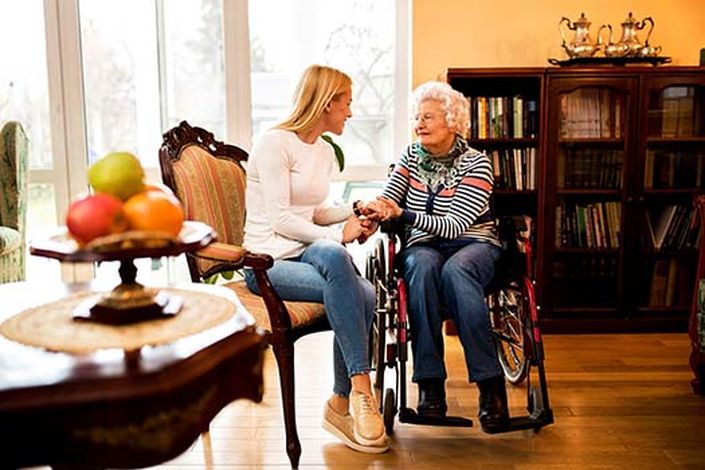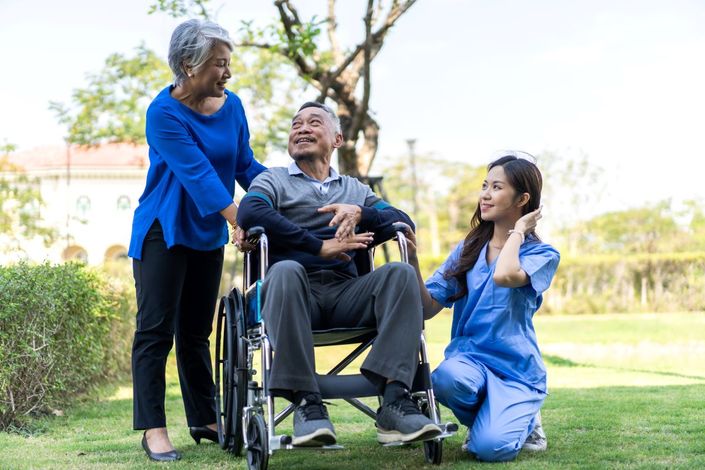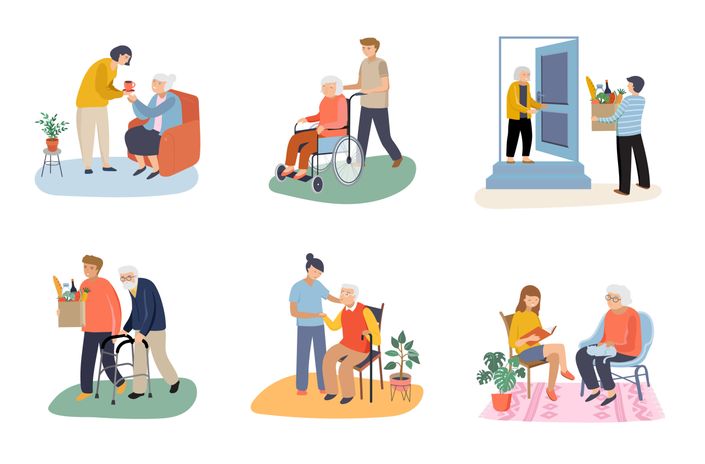
Objectives
- Gain an in-depth understanding of the components and purposes of care plans.
- Learn how to accurately interpret care plans to meet the specific needs of residents.
- Develop skills to effectively implement care plans, ensuring alignment with clinical guidelines and resident preferences.
- Become adept at documenting care provided and updating care plans as residents' needs evolve.
Learning Methods:
- Gain a thorough understanding of medication protocols, including the safe handling and storage of medications.
- Learn the correct techniques for administering various forms of medication accurately and safely.
- Become proficient in the documentation requirements and legal aspects of medication management to ensure compliance with health regulations.

Fundamentals of Medication Management
Introduction to medication protocols, including the "five rights" (right patient, right drug, right dose, right route, right time); Best practices for handling, storing, and disposing of medications safely.

Special Considerations in Medication Administration
How to recognize and manage common side effects of medications; Understanding potential drug interactions and their implications on patient care.

Communication and Patient Education
Techniques for communicating with patients and healthcare teams about medication plans; Strategies for educating patients on their medication regimens, including the importance of adherence.
Medication Management Curriculum
- 1.1 Medication Protocols: Introduction to medication protocols, including the "five rights" (right patient, right drug, right dose, right route, right time).
- 1.2 Medication Safety: Best practices for handling, storing, and disposing of medications safely.
- 1.3 Activity: Interactive quizzes on identifying medication errors and their prevention.
- 2.1 Oral Medications: Guidelines and techniques for administering pills, capsules, and liquid medicines.
- 2.2 Topical and Inhalation Therapies: Instruction on applying creams, ointments, and administering inhalers and nebulizers.
- 2.3 Activity: Video demonstrations followed by virtual simulations for hands-on practice in administering different types of medications.
- 3.1 Managing Side Effects: How to recognize and manage common side effects of medications.
- 3.2 Medication Interactions: Understanding potential drug interactions and their implications on patient care.
- 3.3 Activity: Case study analysis where participants assess patient scenarios to identify potential drug interactions and propose management strategies.
- 5.1 Effective Communication: Techniques for communicating with residents and healthcare teams about medication plans.
- 5.2 Educating Residents: Strategies for educating residents on their medication regimens, including the importance of adherence.
- 5.3 Activity: Role-playing scenarios to practice patient education and communication with simulated Residents and healthcare professionals.
Intended Audience
This module is intended for all staff involved in the medication management process at residential care facilities, from new hires to seasoned professionals seeking to enhance their skills. It is also beneficial for staff preparing for increased responsibilities in medication oversight.

Provider Agencies Also Like This
Explore additional training opportunities that other provider agencies have found valuable. This section features a curated selection of courses and resources designed to enhance your knowledge and operational effectiveness in the home care industry.




